|
我班老华侨同学-徐基荣
徐基荣, 印尼华侨。曾因病休学, 病愈后加入我们班。 毕业分配到长春地质学院 。曾任吉林省政协委员。老徐经常奔波於国内和美国德州 Dallas市女儿家之间。现已定居于美国,经常做社区义工,如在德州达拉斯市的“寄养祖父母计划”服务达11年之久,深受欢迎。下面是他的简历、得过的荣誉、担任过的职务及有关附件和新老照片:
徐基荣简历: --
1954年6月16日从印尼回国学习。
1954年9月-1959年9月在北京39中、101中学学习。
1959年-1965年在南开大学学习。
1965年8月至1983年7月 - 在原长春地质学院(现吉林大学)任教
1983年7月至1988年7月 – 在广西民族学院任教
1988年9月至1993年10 – 回原长春地质学院(现吉林大学)任教
1993年10月移居新加坡
1997年12月移居美国, 目前在德克萨斯州达拉斯市居住,喜欢旅游和水上娱乐活动。每星期去附近低收入学校义务帮忙。闲暇时种些花、水果和蔬菜。
徐基荣获得的奖项:--
1956年9月:因品学兼优,保送进北京市第101中学就读高中。
1969年: 评为长春地质学院“五好战士”。
1976-1977年:两次评为长春地质学院“先进工作者”。
1980年10月:选为“吉林省科技翻译协会第二次代表大会代表。
1980-1981年:两年获得“教学质量优异”证书和奖状。
1982年9月:评为“吉林省归侨侨眷侨务工作者先进个人”。
1983年5月:评为“吉林省科技翻译协会先进工作者”。
1985年3月8日:评为广西民族学院“五好家庭”(1984年度的)。
1985年9月10日:评为广西民族学院“优秀教师”。
1986年3月:评为广西民族学院“先进工作者”。
1990年2月:评为长春地质学院“先进工作者”。
1991年1月25日:评为长春地质学院“先进工作者”。
1992年6月:评为长春地质学院“先进工作者”。
徐基荣的进修与职称:--
1980年7月5日-8月底:参加吉林工业大学与美国明尼苏达大学联合举办的“科技英语短训班”并获得美国该大学颁发的结业证书。
1979年12月:被授予讲师职称。
1985年7月1日:被评为副教授职称。
徐基荣的社会职务:--
1975年-1979年:任长春地质学院侨联小组副组长、组长。
1980年-1983年:任长春市侨联委员兼任长地院侨联组长。
1981年6月:任吉林省科技翻译协会理事、常务理事。
1983年5月:任吉林省科技翻译协会理事。
1984年9月: 任广西民族学院英语专业1-2年级教学组长。
1986年4月:任广西民族学院首届职工代表大会代表。
1986年10月:任广西民族学院首届职工代表大会主席团成员、提案审查委员会成员。
1987年6月:任广西民族学院职代会主席团常委、学院五人小组成员。
1988年9月:任长春地质学院科技英语教研室主任。
1989年1月20日:任吉林省科技翻译协会理事。常务理事。
1989年6月23日:任长春地质学院外语教学部副主任(主管教学)。
1989年6月29日:任吉林省翻译职务高级评审委员会成员。
1990年8月10日:任吉林省翻译协会理事、常务理事。
1990年10月6日:长春市侨界知识分子联谊会理事、常务理事。
1991年5月:任长春地质学院英语协会顾问、名誉会长。
1992年8月21日:任中国地质矿产部高等院校外语课程教学与研究(外语课程指导)委员会副主任委员。
1993年12月28日:任吉林省政治协商会议委员(省政协委员)。
1993年1月16日:任吉林省侨务工作联络员、信息员。
1993年2月25日:任吉林省翻译专业中级、高级技术职称评审委员会委员。
在美国做义工的情况:--
1. 在“中华外语学校”教中文。1997年成立就开始教中文,大约一年半。校长说余河清。(The Madarin Chinese School, Arlington, TX)
2. 在Frisco Community Bible Church(费斯可基督徒中国教会)教中文。当时借用小学校礼堂上课,从2004年初大约两年。教会牧师林慕忠。
3. 在“跨世纪美中友谊联合会”教英文。从2002年冬天开始,大约4-5年。会长庄心辉。 (CAFA - Crossing-century American-Chinese Friendship Association)
4. 在达拉斯印尼基督徒团契中文班教中文。从2007年5月19日开始,大约一年多点。借用恩友堂教会两侧二楼上课。印尼牧师Richard Ngun. (Indonesian Christian Fellowship Dallas Church)
5. 在“David's Place Head Start"学校做义工,学生是3-5岁孩童。从2009年至今并准备继续做下去。协助班上两位老师完成教学和管理学生的任务。(详见“The Senior Source" November 19, 2014的一封来信)
【附件】
1. Letter from "Senior Source", November 19, 2014
2. 吉林省政府侨办聘书,1993年1月16日
3. 吉林省政府外事办聘书,1993年2月25日
4. 吉林省政府外事办聘书,1993年2月25日
5. 长春科技大学(原长春地质学院)情况介绍。

【附] 蔡丽文校友给本网编辑的信:谢谢“海外南开人网”的节日祝贺,虽然今年我没在国内,过不了"五一"。倒是应该感谢你们的辛勤"劳动",通过你这个平台传递了校友们的新动态。这里我要特别提一下你们班的徐基荣,他真是个有爱心乐于助人的好人,是他通过各种方式找到了汪莹,并及时打电话给我报告了她不幸中风卧床不起的近况,并准备亲自去看望她。很高兴能看到他个人的网页,对他的荣耀我表示祝贺,对他如此关心汪莹,我表示衷心感谢(汪是我好友,她已故丈夫许家齐是我同班同学)。再次感谢你们的节日祝贺!丽文
   
新老照片
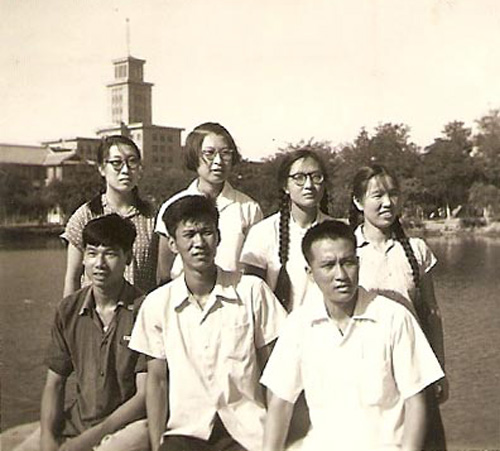
外文系英专1965届毕业合影前排左起梁一雄常耀信徐基荣
后排左起杨新芝孙学诗(毅兵)许荣仙庞鹤云,新开湖畔
毕业照前排右起第一人为徐基荣,1965年7月。
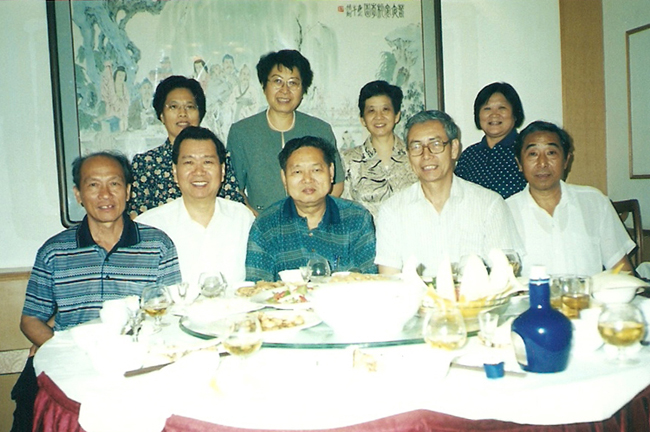
前排左起第一人徐基荣;后排右起第一人徐夫人张艳玲, 1999
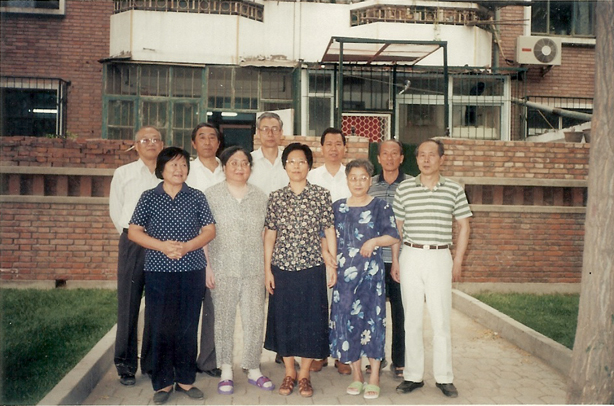
前排左起第一人徐夫人张艳玲;后排右起第一人徐基荣, 1999
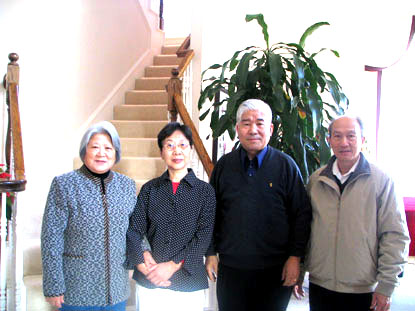
左起徐夫人张艳玲、祝宝银、高东山、徐基荣,2007年1月於Dallas徐基荣家里。
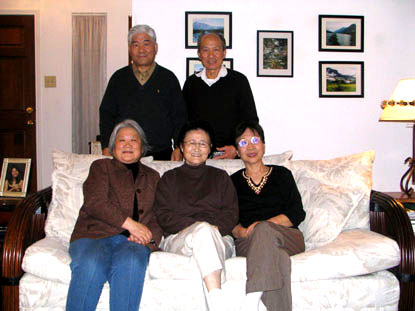
前排张艳玲、曹其缜老师、祝宝银;后排徐基荣、高东山,2007, Dalla曹老师家里。
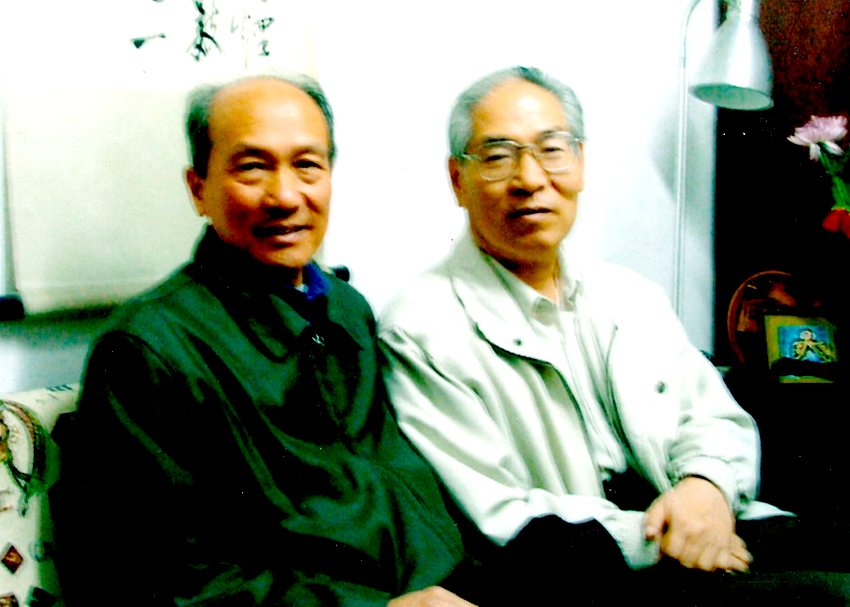
左起徐基荣、刘焕群
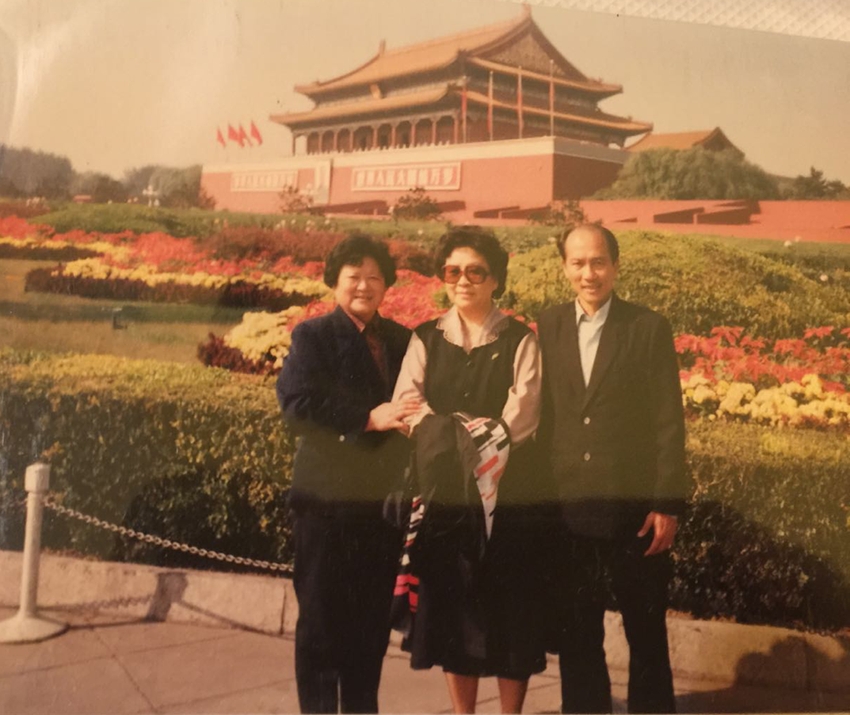
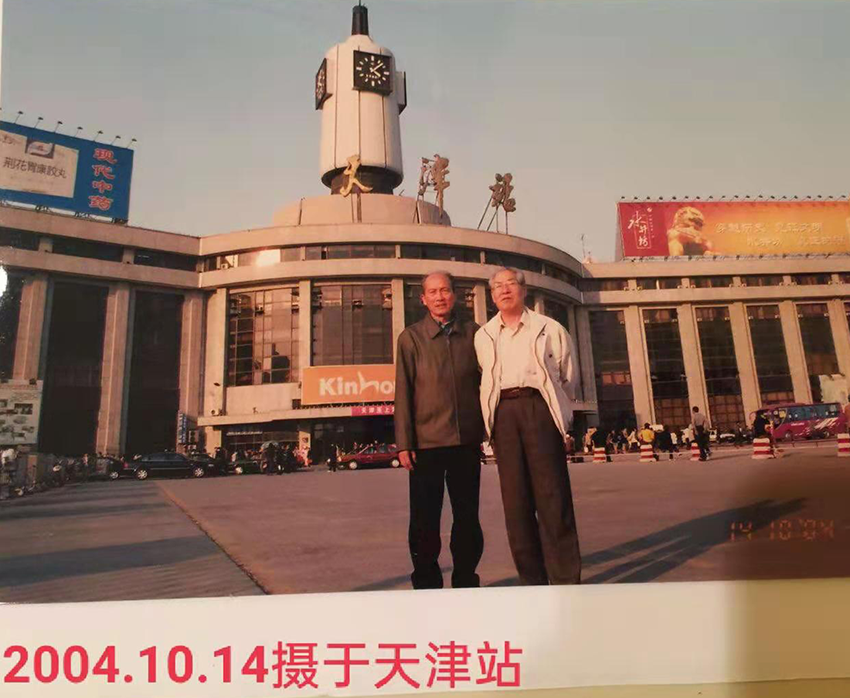
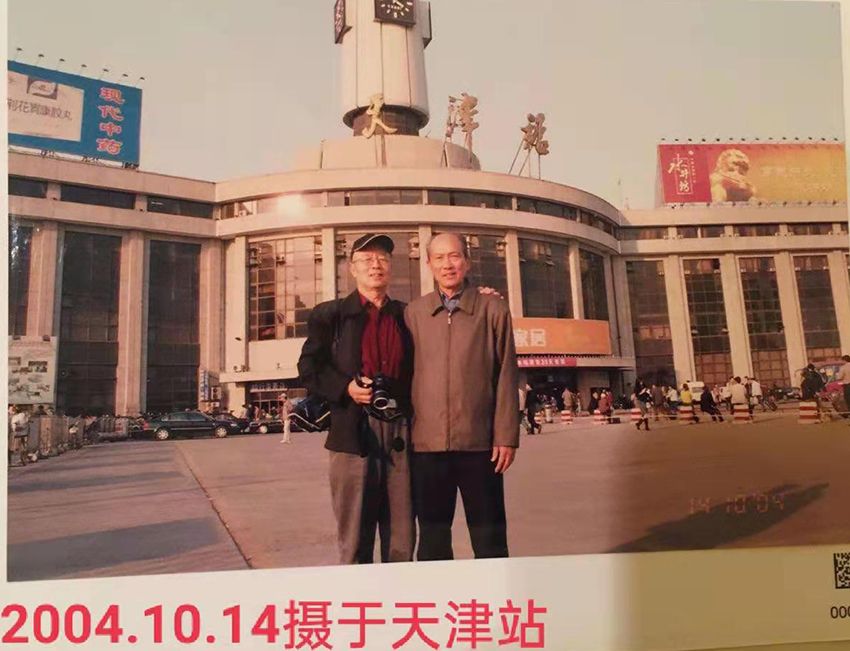
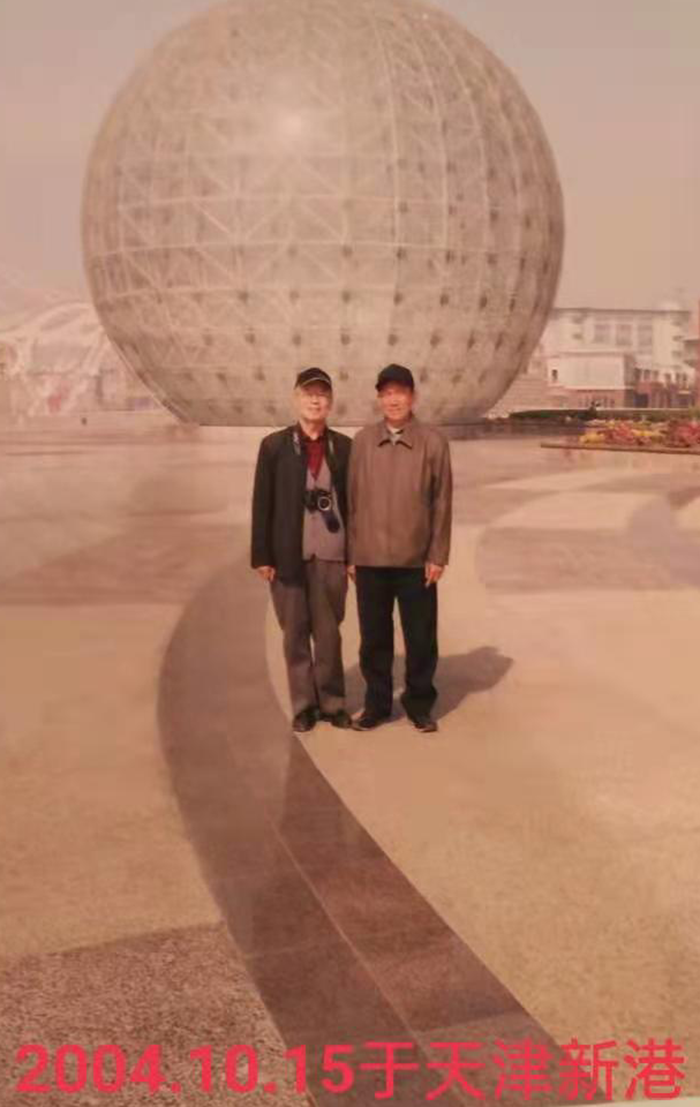
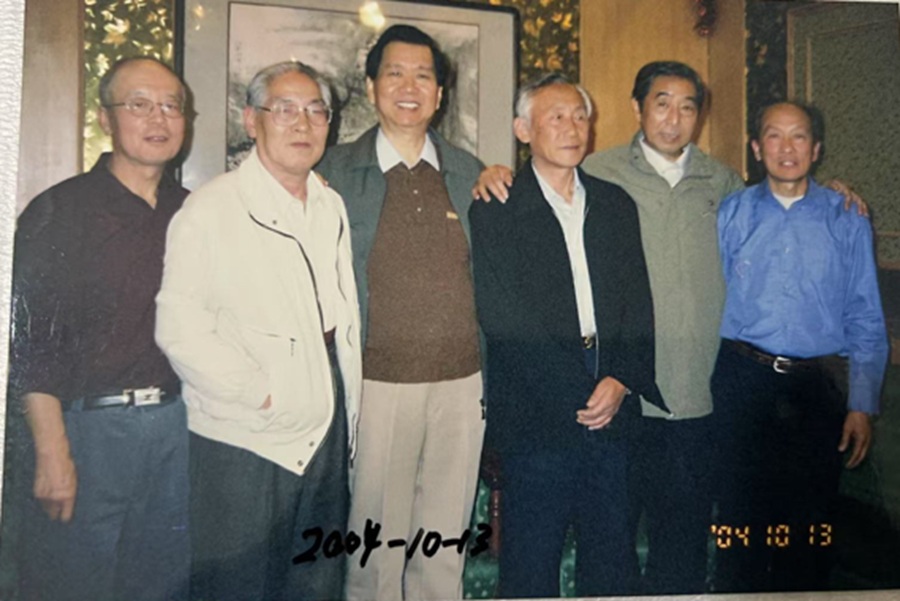
左起李廣然、劉煥群、常耀信、趙興、宮自強、徐基榮

我和我太太做义工照片
以下这些照片都是过去拍的。 疫情发生后不久 政府下令仃止作义工 怕互相感染 。尤其开头是老年人死亡不少, 怕影响到小朋友。 最后学校关门 ,我们一些义工也离开公寓 回家 。女儿不让我们再住公寓马上退租公寓。当时住公寓是因为离学校近 ,做义工方便, 公交車里人也少。现在义工与总部的联系是通过Zoom网上进行 一个月一次 互相通氣 ,主要是总部发些资料和有关的信息和通知。--2/28/2022
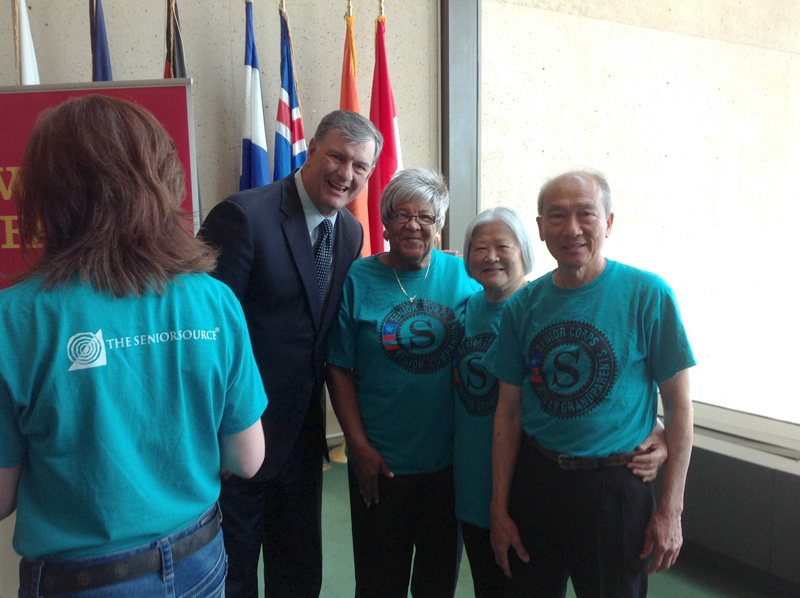
2015年4月8日德州Dallas 市长Mike Rawlings接见我们志愿者。右一徐基荣,右二徐太太张艳玲。

德州Dallas 市长Mike Rawlings第二次接见徐基荣 、张艳玲 2016-4-5
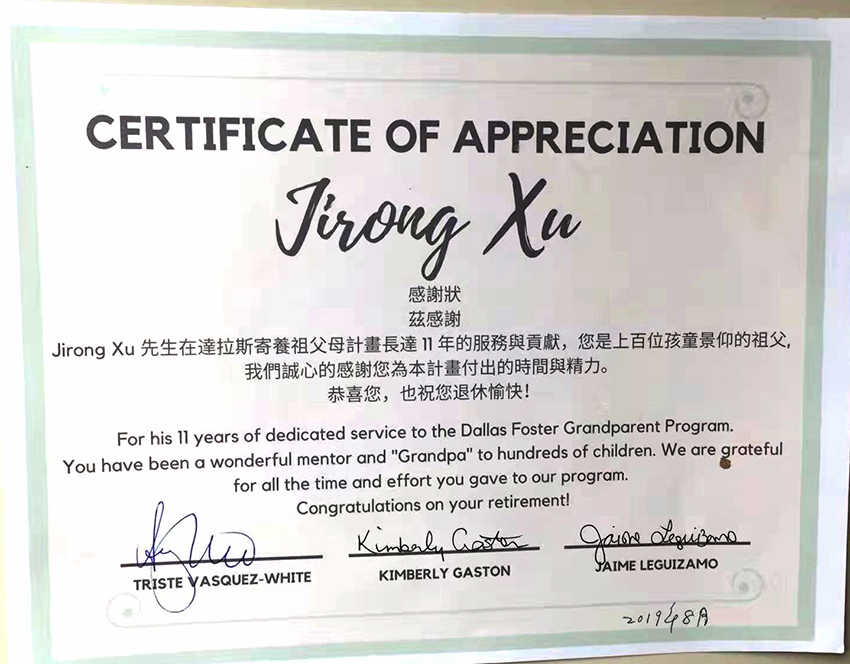
徐基荣义工结束时得到的感谢状 08/2019
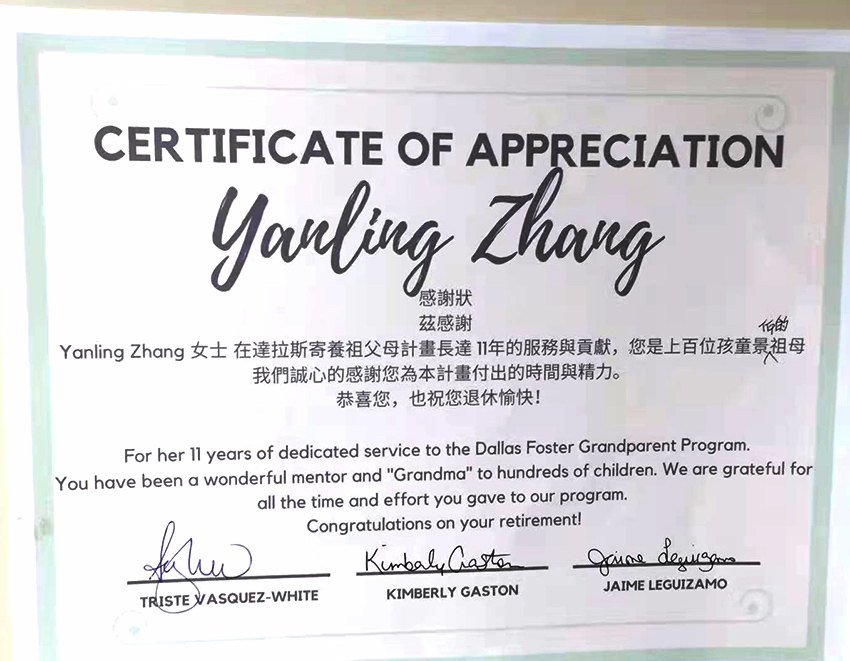
张艳玲义工结束时得到的感谢状 08/2019
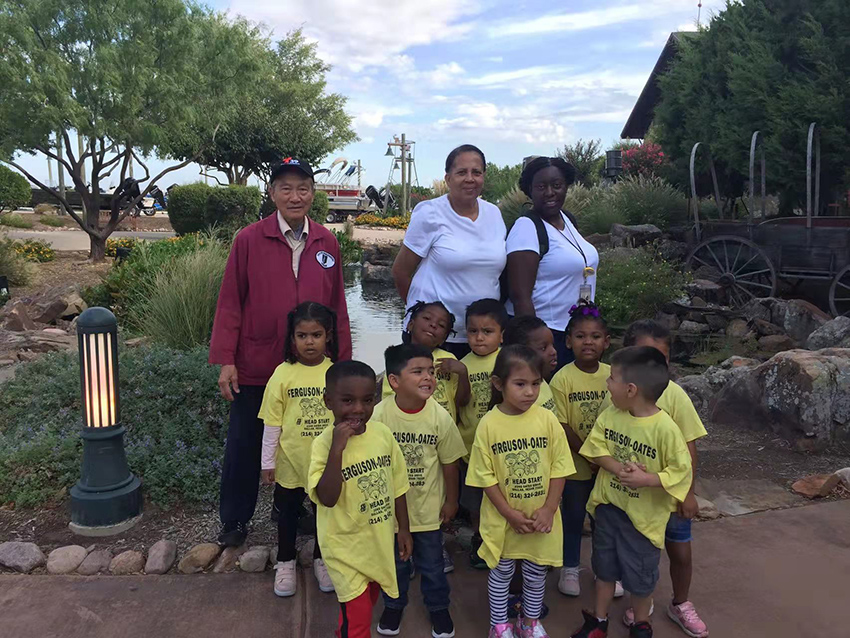
徐基荣与学校的老师及学生合影

徐基荣、张艳玲与义工总部三位领导合影
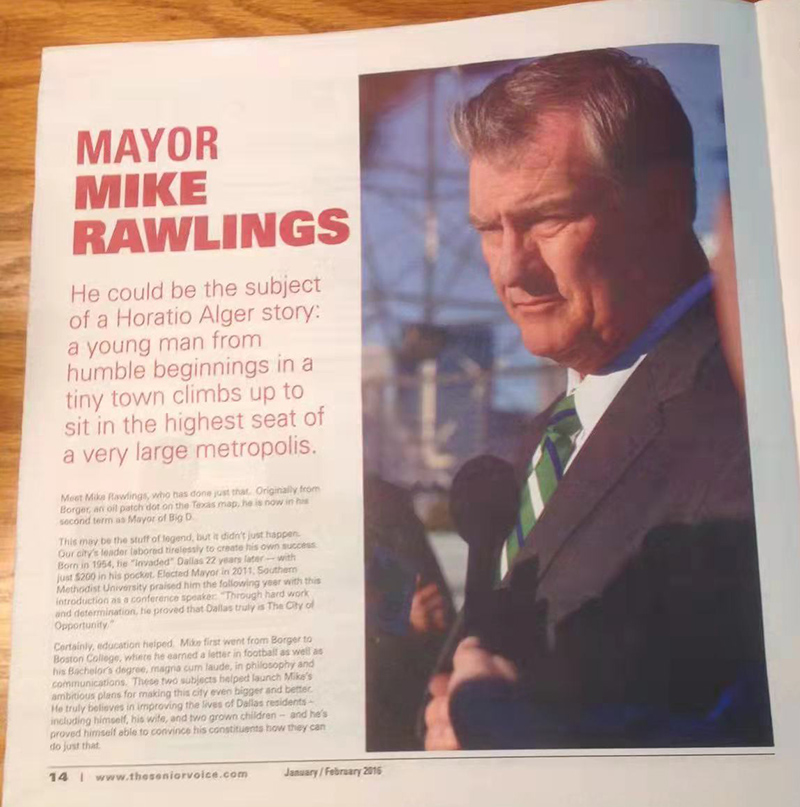
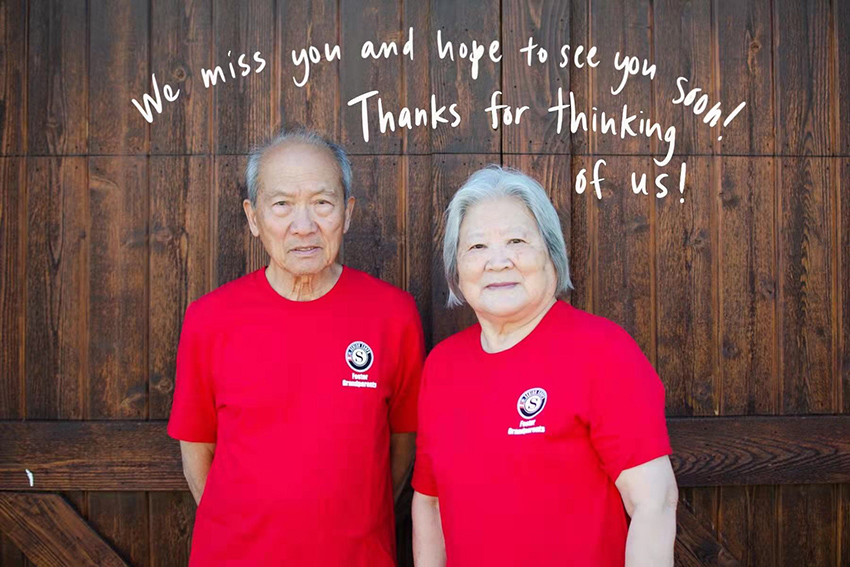
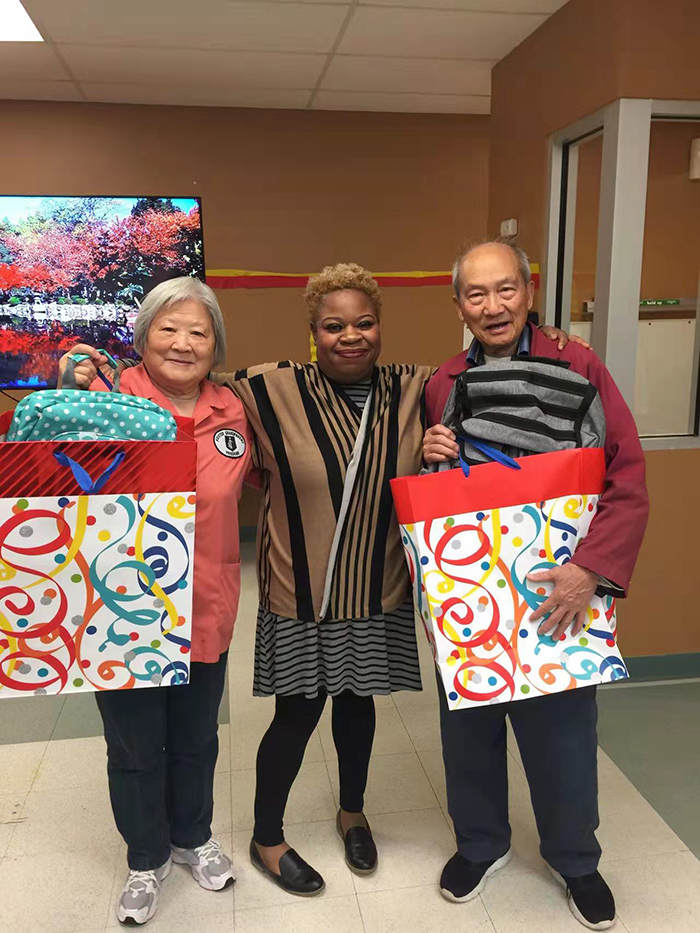
义工总部来我校考察並合影
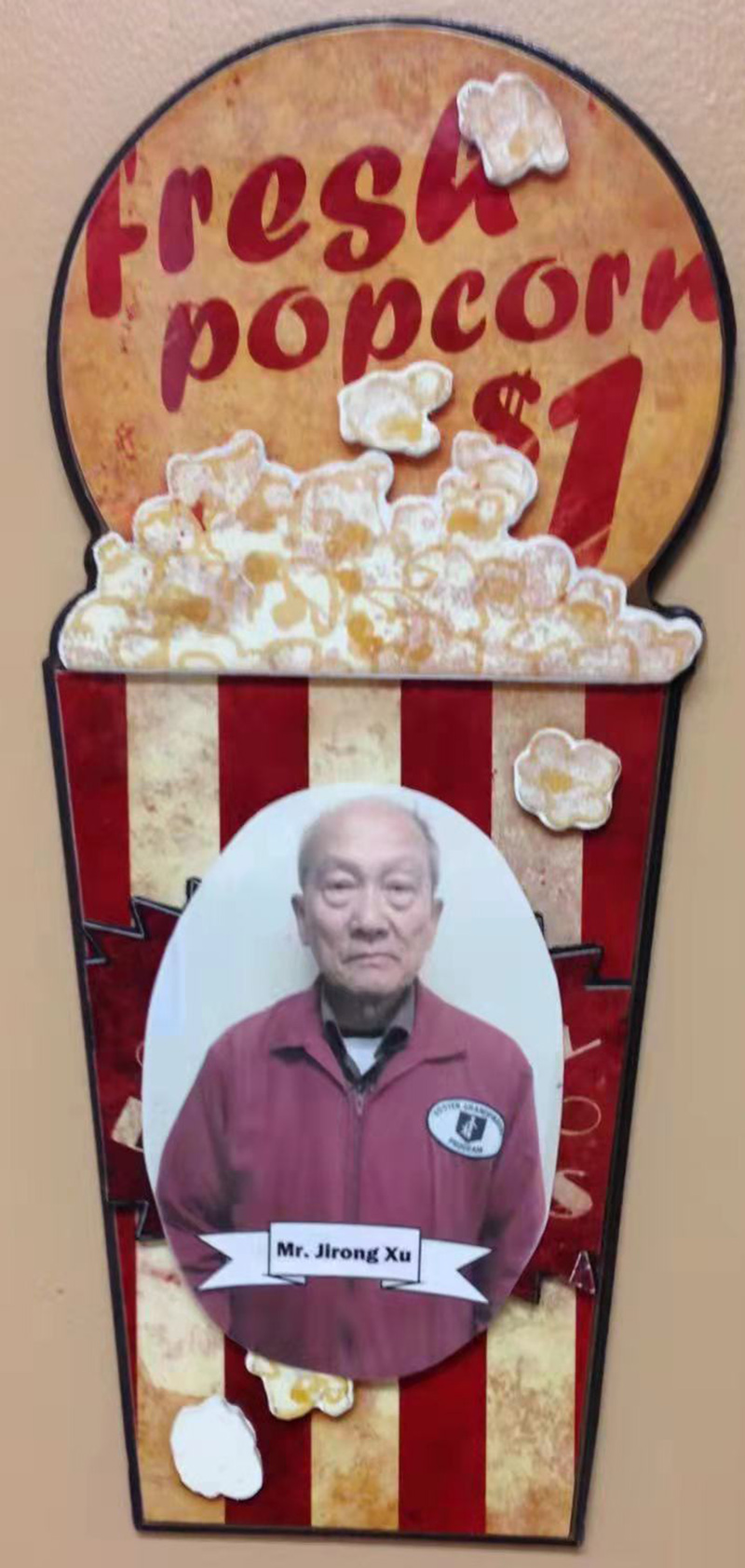

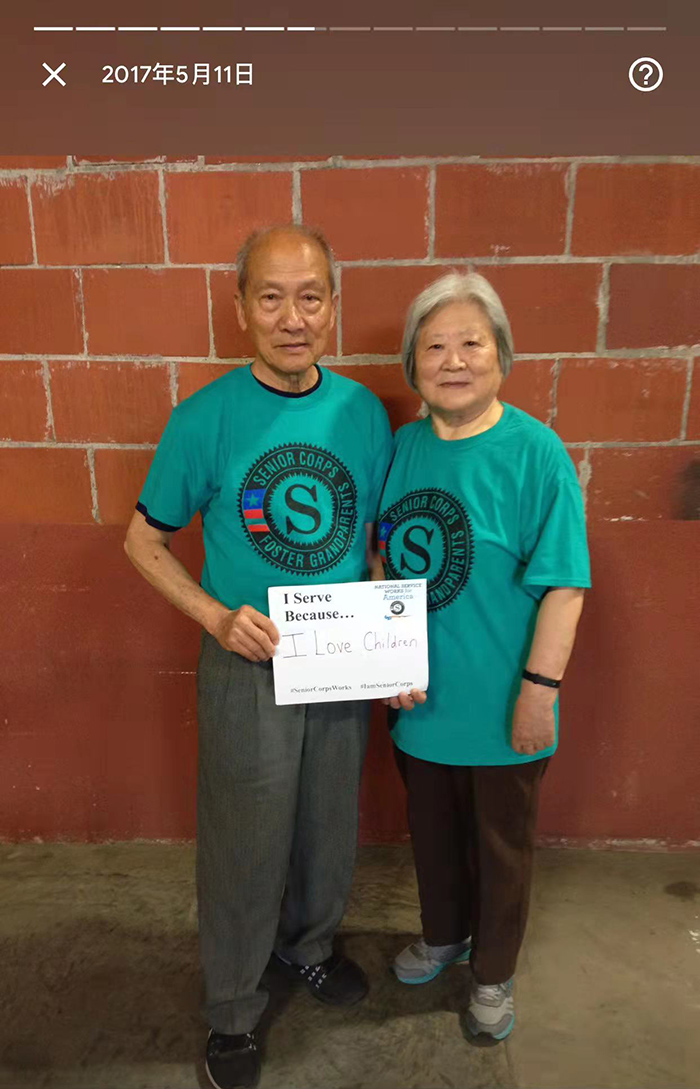
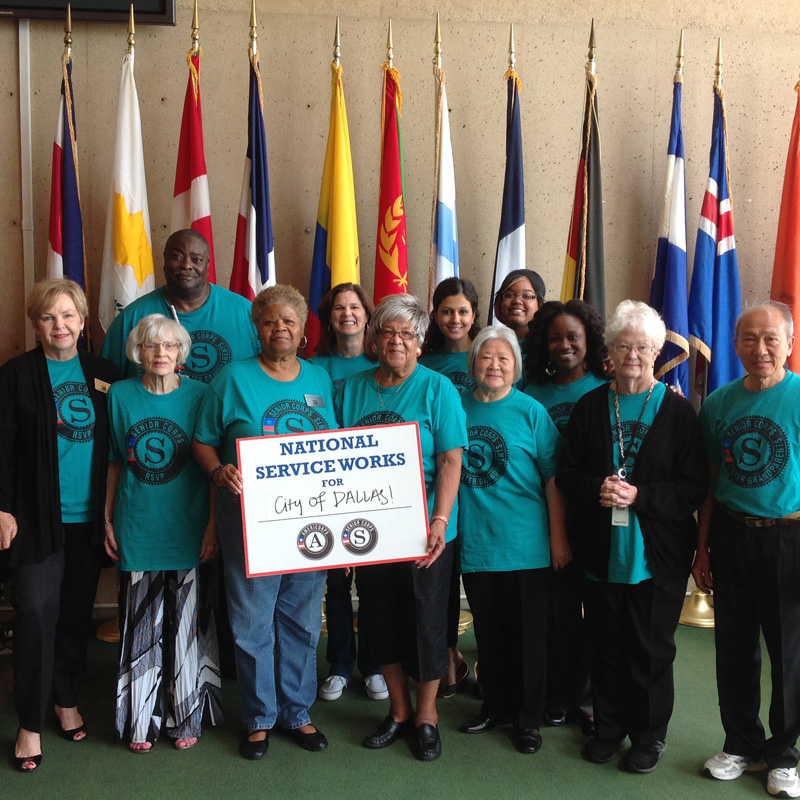
我们志愿者受到表彰, 4/7/2015. 右一徐基荣,右三徐太太张老师。
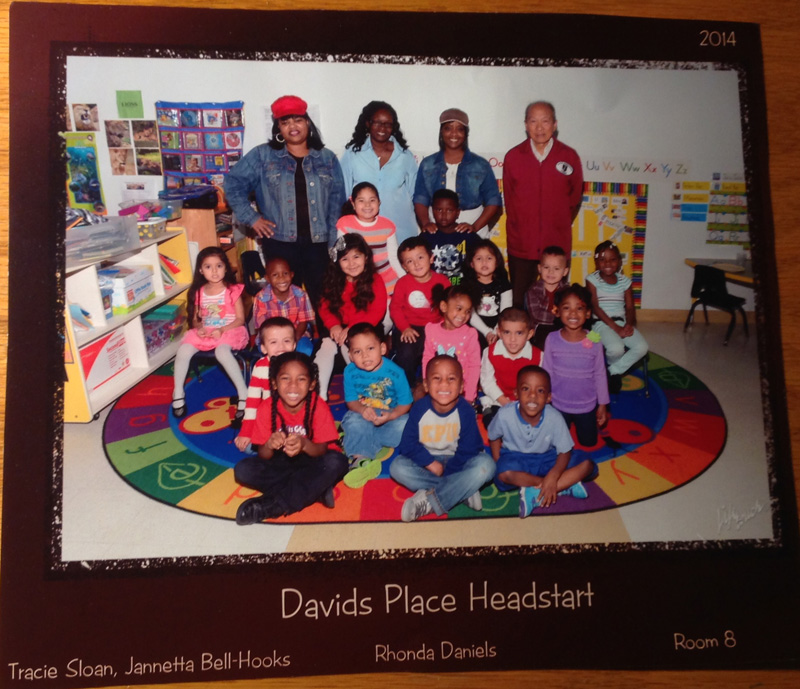
与老师和学童们合影。后排右一徐基荣。
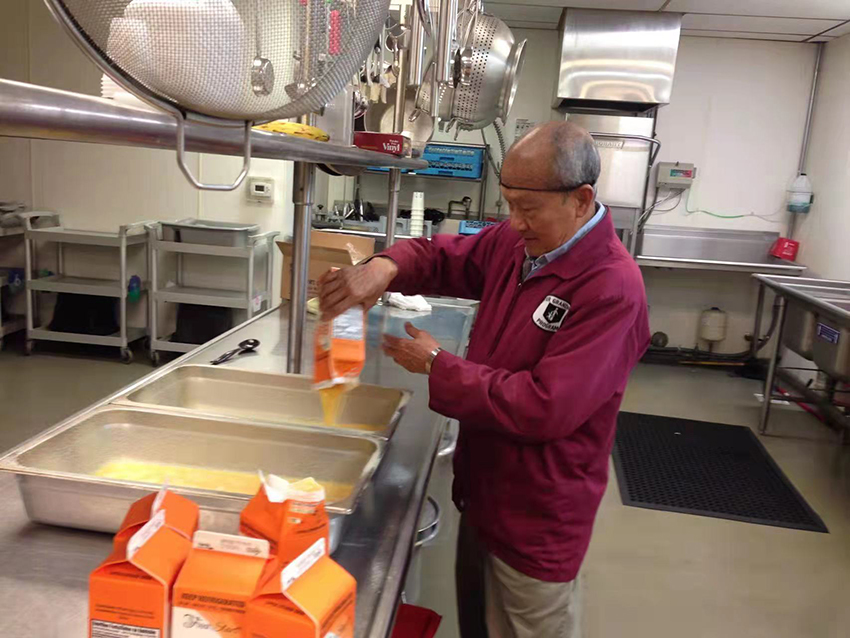

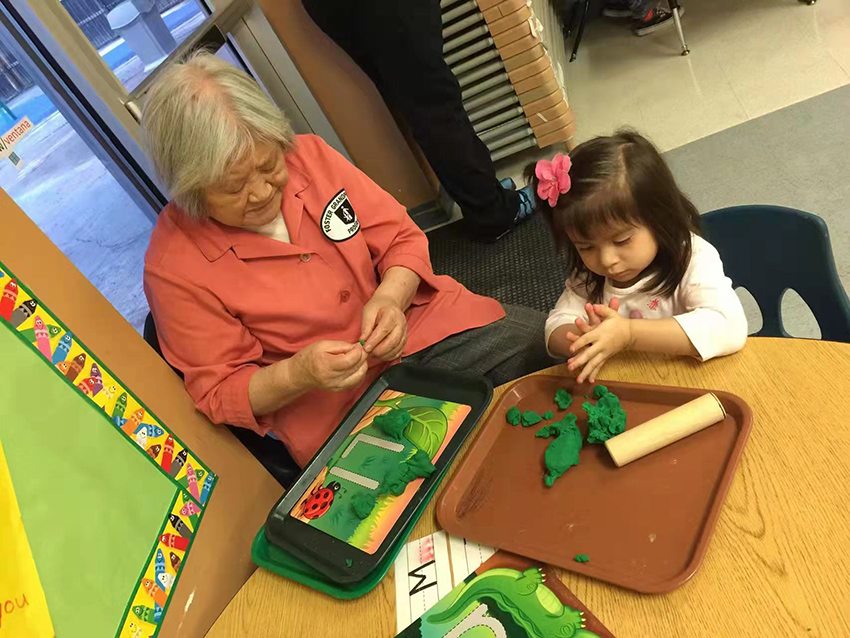
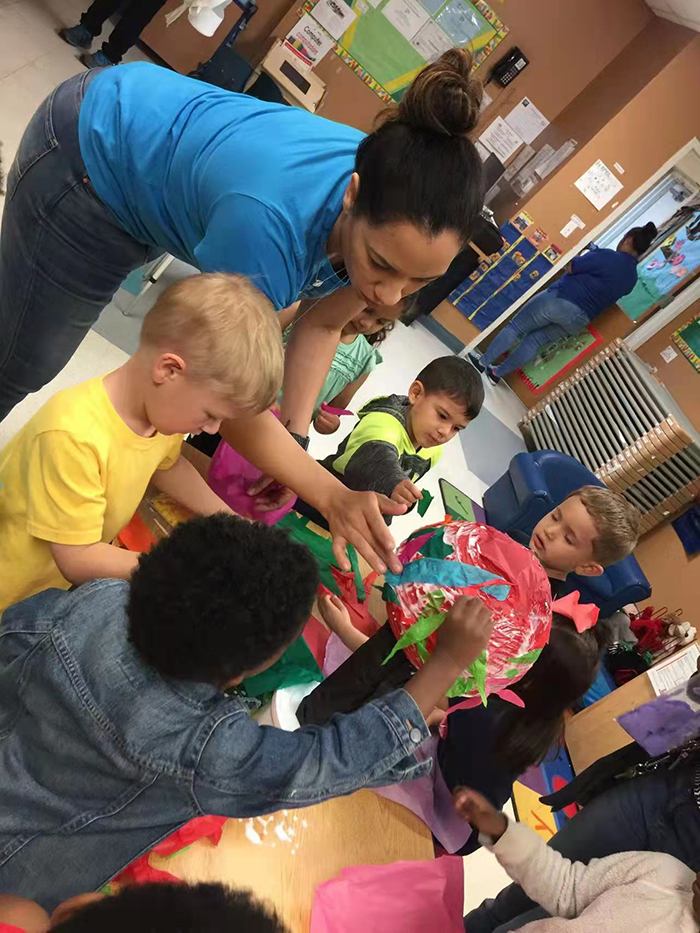

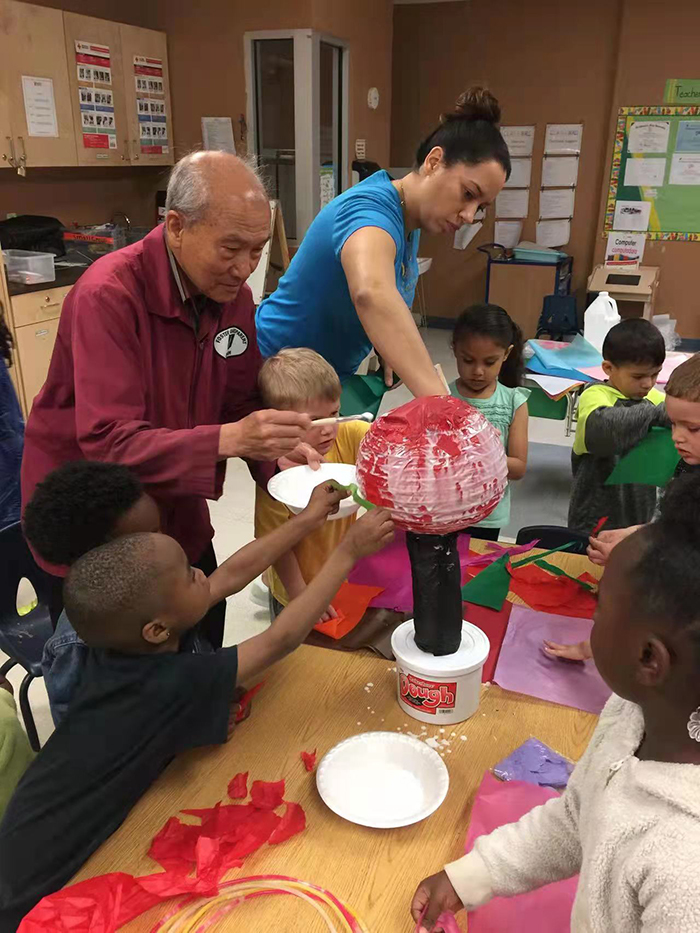

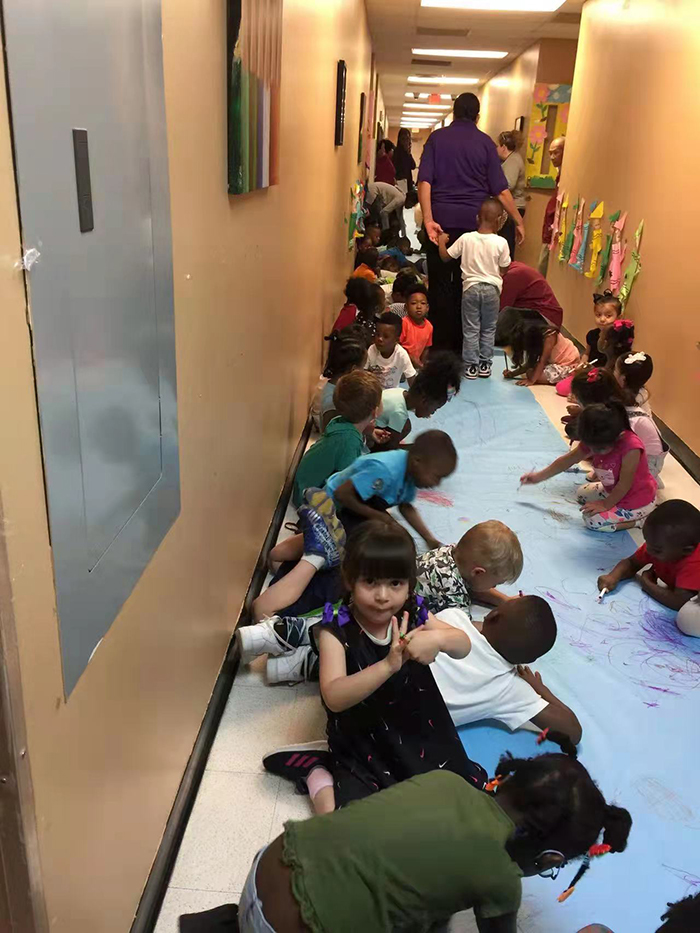


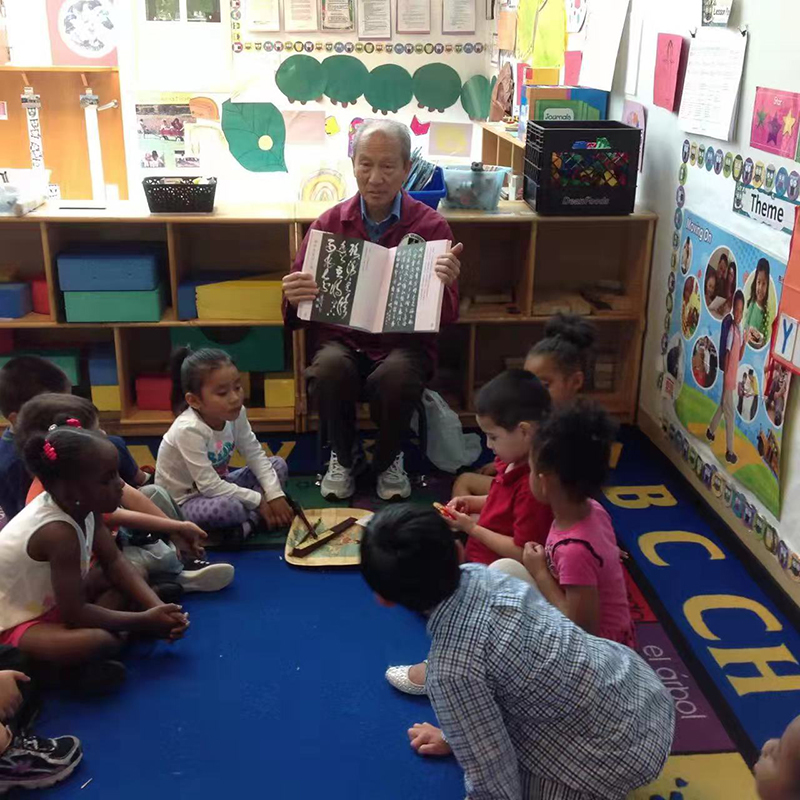

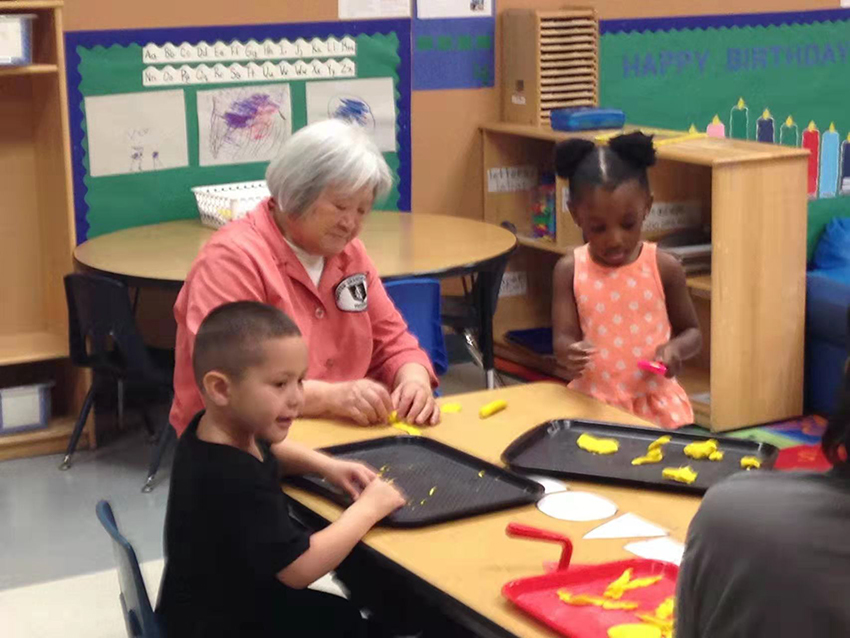
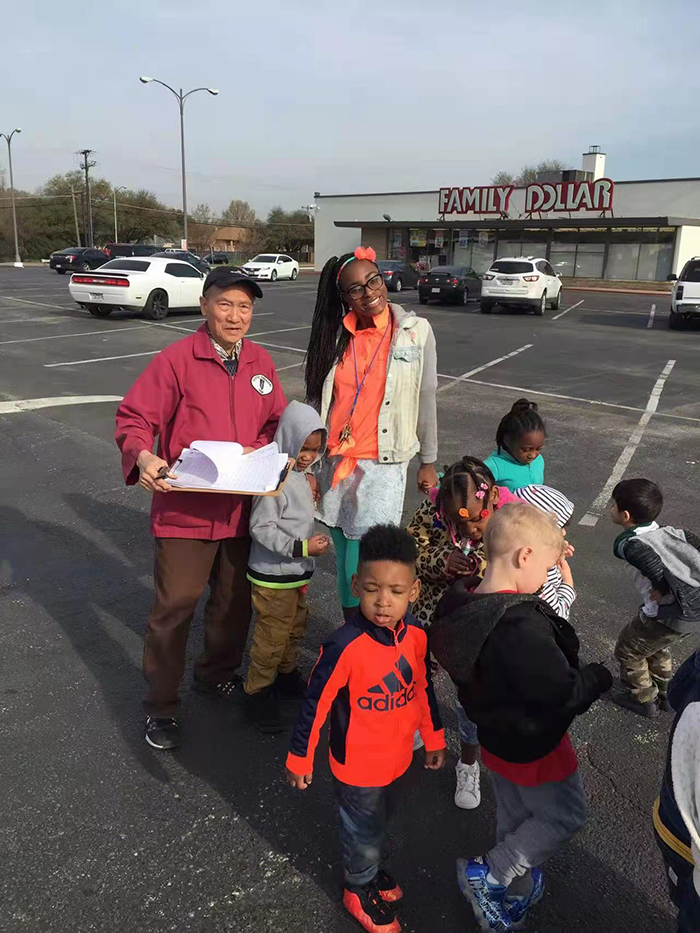
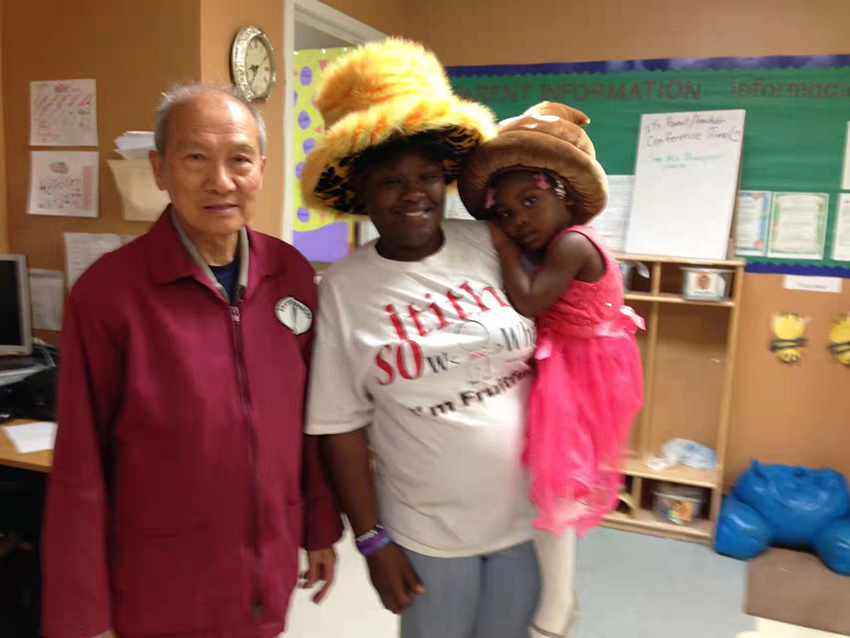
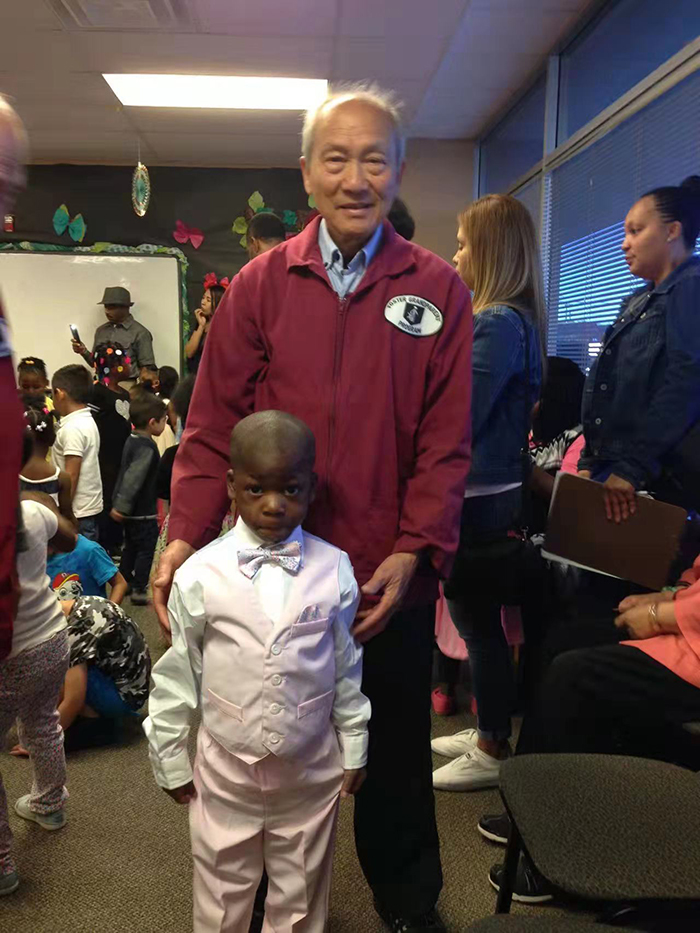
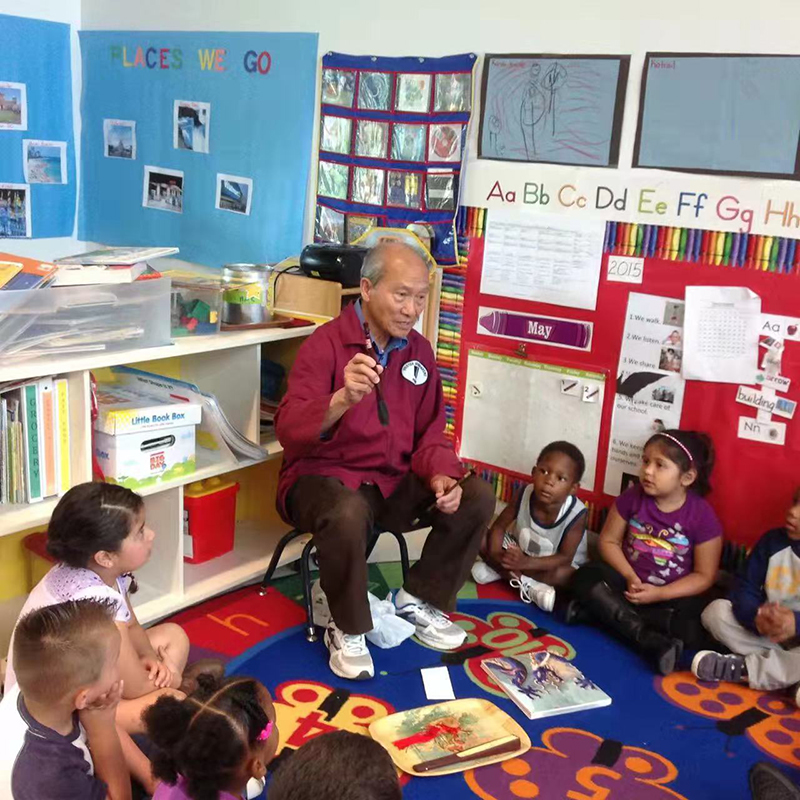
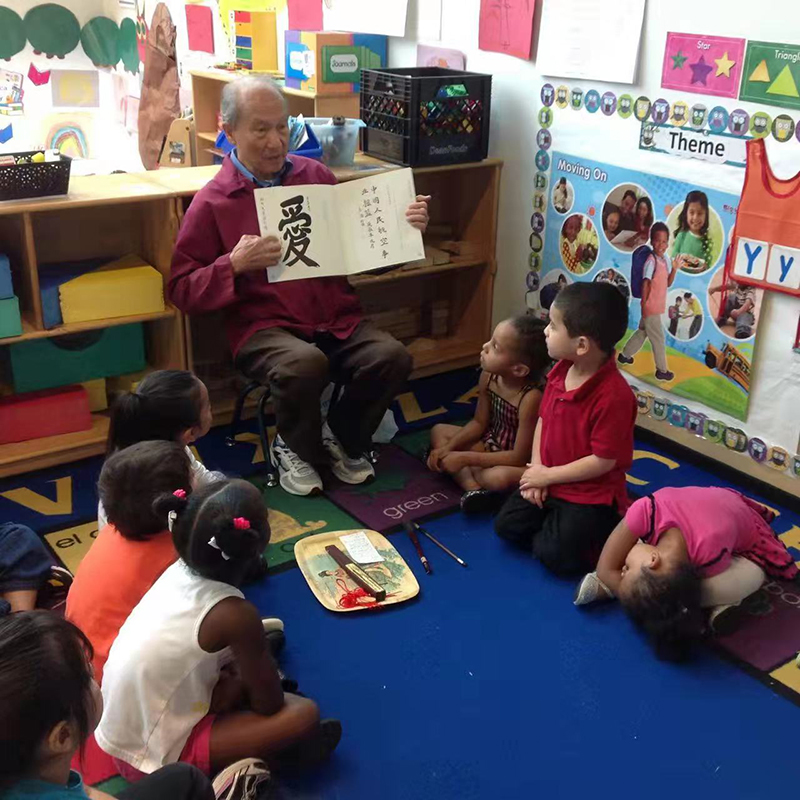
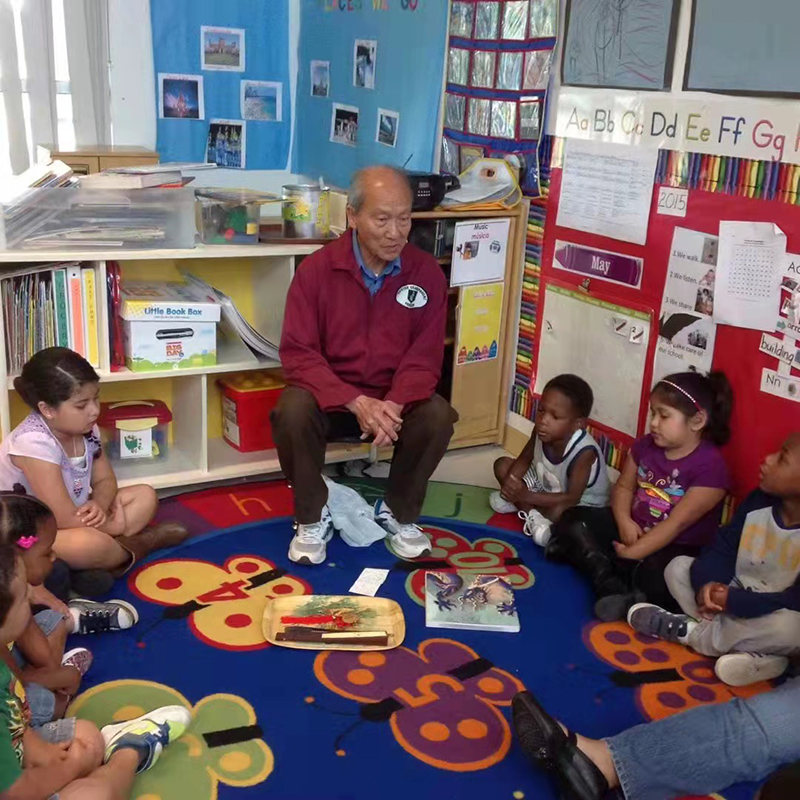
(义工照片完)

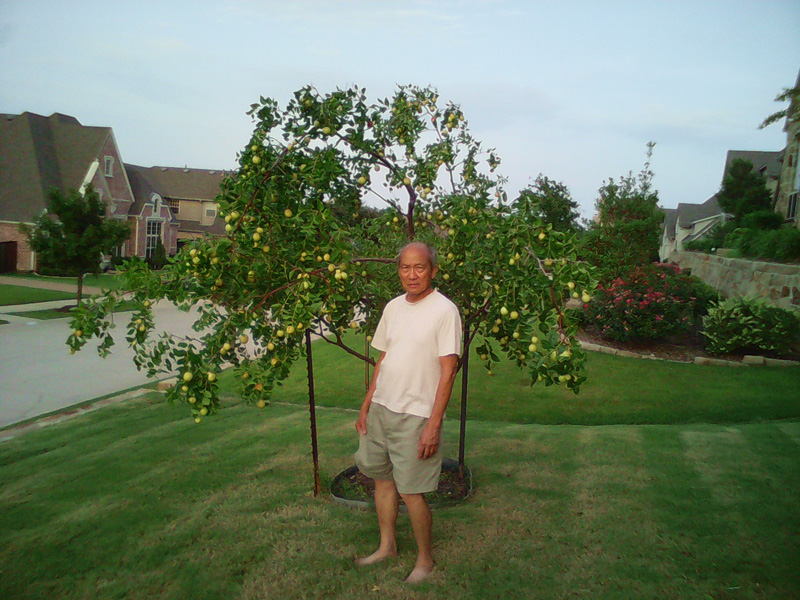
在家里, 2014年。
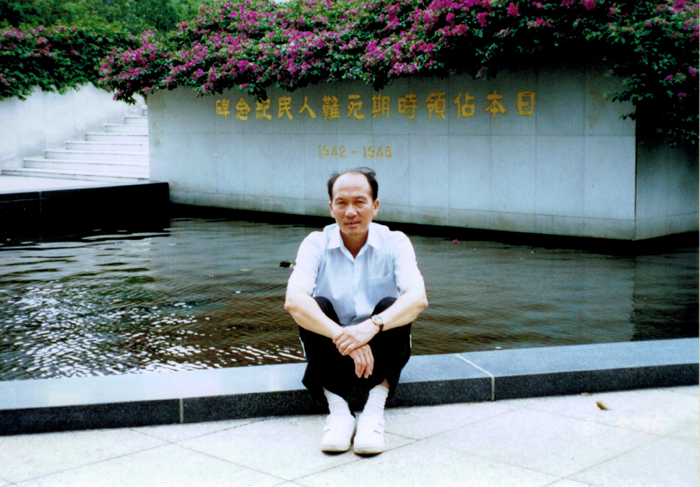
在新加坡“日占时期死难人民纪念碑”留影,8/8/1996.

在泰国玩跳伞,11/8/1998.

在泰国骑水上摩托艇,11/8/1998.
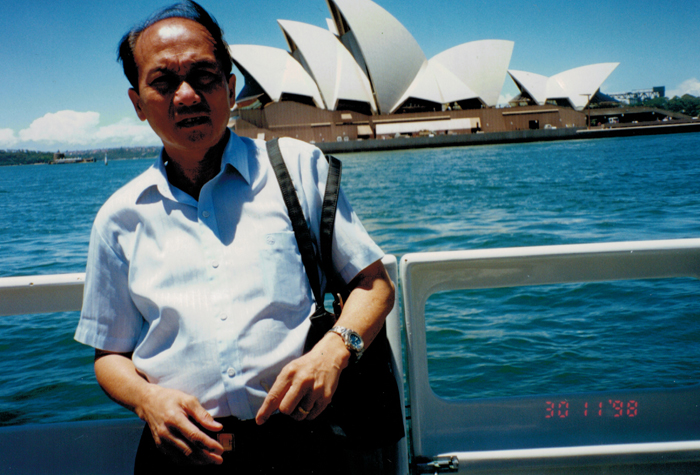
在澳大利亚悉尼歌剧院前,11/30/1998.
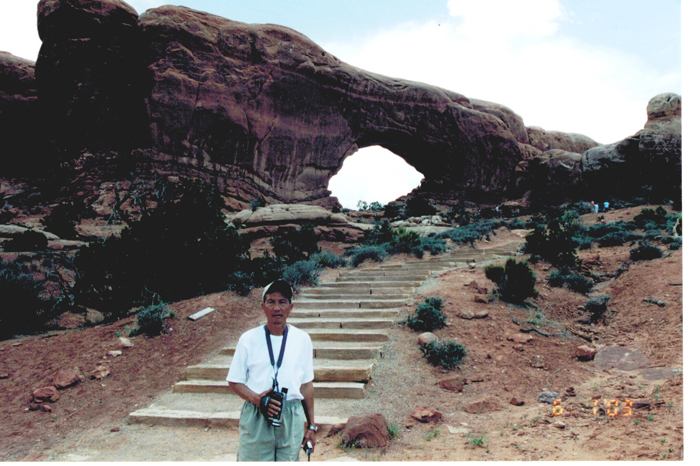
在美国犹他州东部的Arches National Park, 6/1/2003.
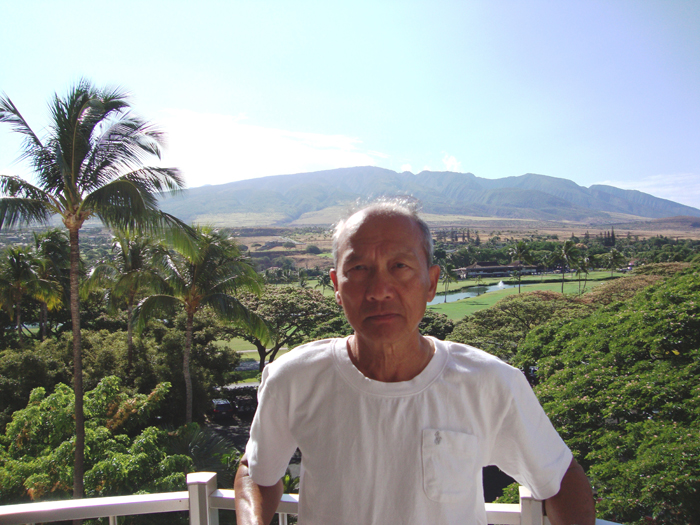
在夏威夷,6/29/2009.

在墨西哥坎昆(Cancun),12/27/2009.

在墨西哥坎昆,12/27/2009.
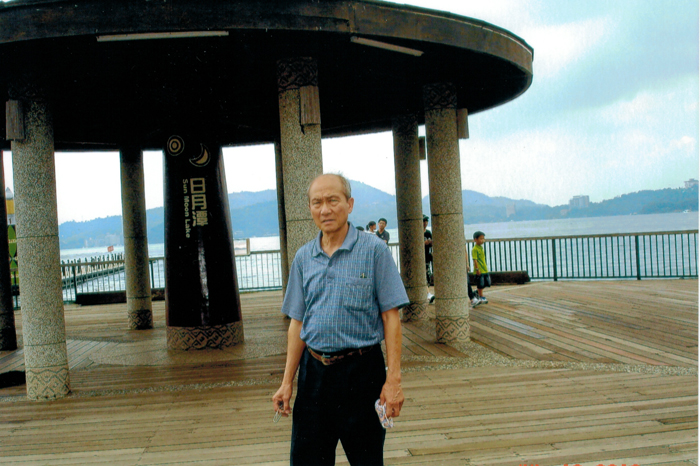
在台湾日月潭,7/1/2010.
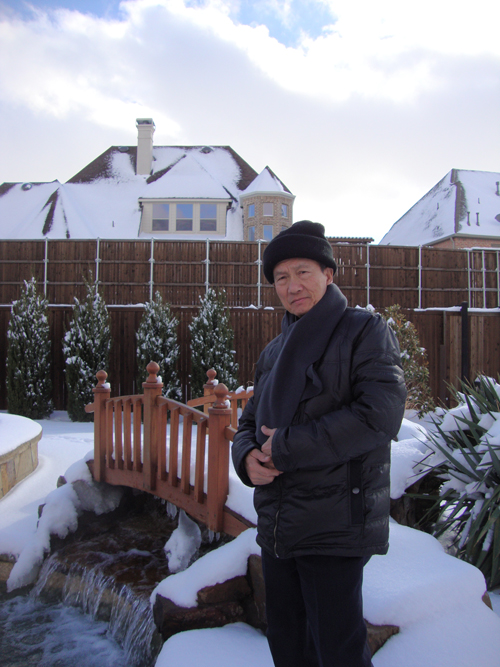
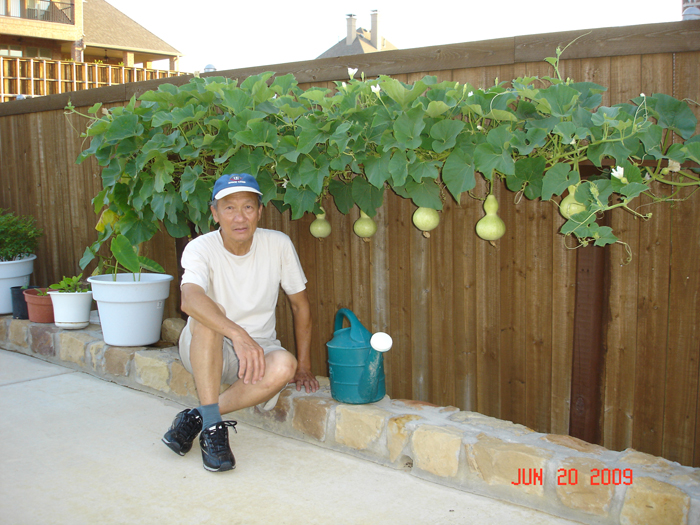
在家里我种的葫芦旁,6/20/2009.
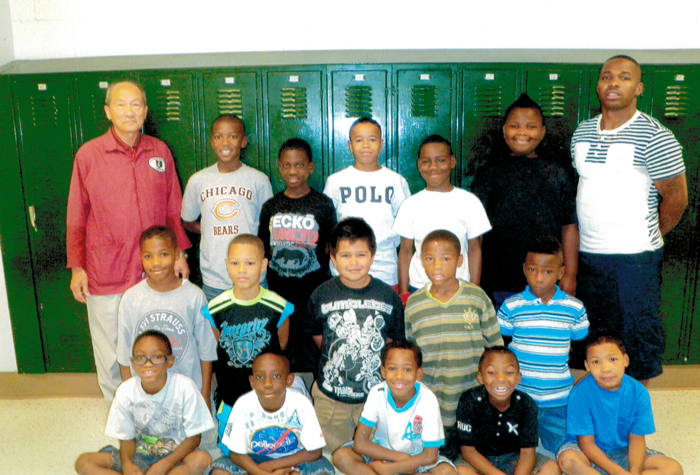
在美国暑期义工与孩子们,7/29/2012.
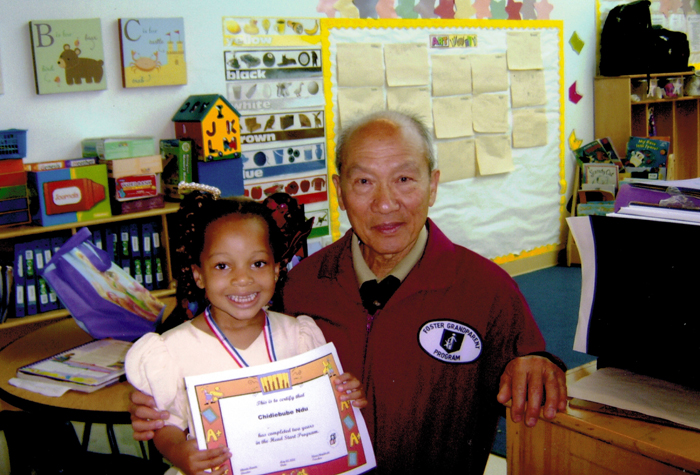
在美国学校义工, 6/20/2013.
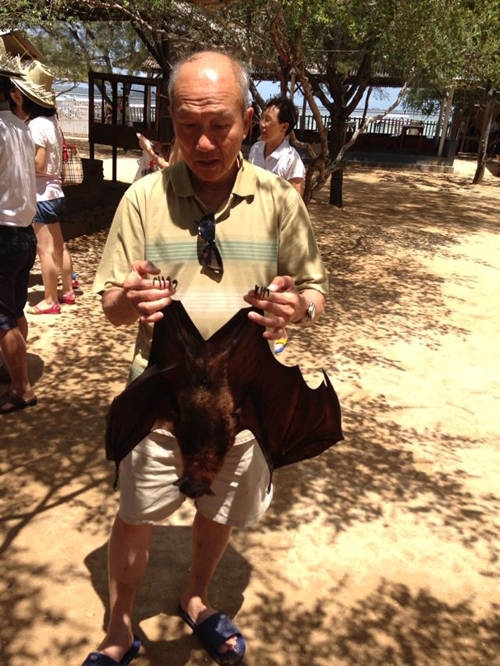
在印尼巴厘岛手提大蝙蝠,9/6/2013.
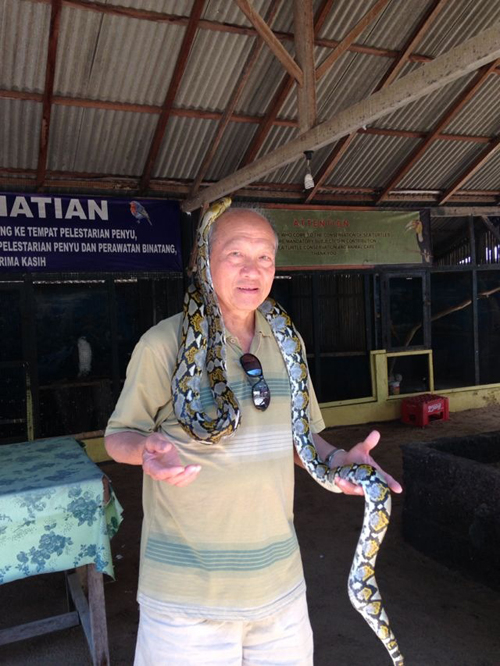
在印尼巴厘岛, 9/6/2013.

Enjoying seafood at a restaurant in Dallas, TX, 05/2018
  
|
English Poet Robert Graves (1895-1985) |
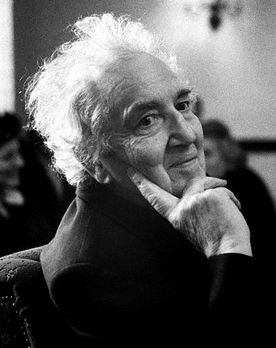
Robert Graves
Robert Ranke Graves (1895–1985) was an English poet, translator and novelist. During his long life, he produced more than 140 works. He was the son of the Anglo-Irish writer Alfred Perceval Graves and Amalie von Ranke, a niece of the famous German historian Leopold von Ranke.
Graves considered himself a poet first and foremost. His poems, together with his translations and innovative interpretations of the Greek Myths, his memoir of the First World war, Good-bye to All That, and his historical study of poetic inspiration, The White Goddess, have never been out of print. He earned his living from writing, particularly popular historical novels such as I, Claudius, King Jesus, The Golden Fleece, and Count Belisarius. He also was a prominent translator of Classical Latin and Ancient Greek texts; his versions of The Twelve Caesars and The Golden Ass remain popular today for their clarity and entertaining style. Graves was awarded the 1934 James Tait Black Memorial Prize for both I, Claudius and Claudius the God.
On 11 November 1985, Graves was among 16 Great War poets commemorated on a slate stone unveiled in Westminster Abbey's Poet's Corner. The inscription on the stone was written by friend and fellow Great War poet Wilfred Owen. It reads: "My subject is War, and the pity of War. The Poetry is in the pity." Graves was the only poet of the sixteen still living at the time of the commemoration ceremony.
|
| |
I’ve watched the Seasons passing slow, so slow,
In the fields between La Bassée and Bethune;
Primroses and the first warm day of Spring,
Red poppy floods of June,
August, and yellowing Autumn, so
To Winter nights knee-deep in mud or snow,
And you’ve been everything.
Dear, you’ve been everything that I most lack
In these soul-deadening trenches—pictures, books,
Music, the quiet of an English wood,
Beautiful comrade-looks,
The narrow, bouldered mountain-track,
The broad, full-bosomed ocean, green and black,
And Peace, and all that’s good |
|
|
When I'm Killed
by Robert Graves |
|
| |
When I’m killed, don’t think of me
Buried there in Cambrin Wood,
Nor as in Zion think of me
With the Intolerable Good.
And there’s one thing that I know well,
I’m damned if I’ll be damned to Hell!
So when I’m killed, don’t wait for me,
Walking the dim corridor;
In Heaven or Hell, don’t wait for me,
Or you must wait for evermore.
You’ll find me buried, living-dead
In these verses that you’ve read.
So when I’m killed, don’t mourn for me,
Shot, poor lad, so bold and young,
Killed and gone — don’t mourn for me.
On your lips my life is hung:
O friends and lovers, you can save
Your playfellow from the grave.
|
|
Recalling War
by Robert Graves
Entrance and exit wounds are silvered clean,
The track aches only when the rain reminds.
The one-legged man forgets his leg of wood,
The one-armed man his jointed wooden arm.
The blinded man sees with his ears and hands
As much or more than once with both his eyes.
Their war was fought these 20 years ago
And now assumes the nature-look of time,
As when the morning traveller turns and views
His wild night-stumbling carved into a hill.
What, then, was war? No mere discord of flags
But an infection of the common sky
That sagged ominously upon the earth
Even when the season was the airiest May.
Down pressed the sky, and we, oppressed, thrust out
Boastful tongue, clenched fist and valiant yard.
Natural infirmities were out of mode,
For Death was young again; patron alone
Of healthy dying, premature fate-spasm.
Fear made fine bed-fellows. Sick with delight
At life's discovered transitoriness,
Our youth became all-flesh and waived the mind.
Never was such antiqueness of romance,
Such tasty honey oozing from the heart.
And old importances came swimming back -
Wine, meat, log-fires, a roof over the head,
A weapon at the thigh, surgeons at call.
Even there was a use again for God -
A word of rage in lack of meat, wine, fire,
In ache of wounds beyond all surgeoning.
War was return of earth to ugly earth,
War was foundering of sublimities,
Extinction of each happy art and faith
By which the world has still kept head in air,
Protesting logic or protesting love,
Until the unendurable moment struck -
The inward scream, the duty to run mad.
And we recall the merry ways of guns -
Nibbling the walls of factory and church
Like a child, piecrust; felling groves of trees
Like a child, dandelions with a switch.
Machine-guns rattle toy-like from a hill,
Down in a row the brave tin-soldiers fall:
A sight to be recalled in elder days
When learnedly the future we devote
To yet more boastful visions of despair
|
Strong Beer
by Robert Graves |
|
| |
“What do you think
The bravest drink
Under the sky?”
“Strong beer,” said I.
“There’s a place for everything,
Everything, anything,
There’s a place for everything
Where it ought to be:
For a chicken, the hen’s wing;
For poison, the bee’s sting;
For almond-blossom, Spring;
A beerhouse for me.”
“There’s a prize for every one
Every one, any one,
There’s a prize for every one,
Whoever he may be:
Crags for the mountaineer,
Flags for the Fusilier,
For English poets, beer!
Strong beer for me!”
“Tell us, now, how and when
We may find the bravest men?”
“A sure test, an easy test:
Those that drink beer are the best,
Brown beer strongly brewed,
English drink and English food.”
Oh, never choose as Gideon chose
By the cold well, but rather those
Who look on beer when it is brown,
Smack their lips and gulp it down.
Leave the lads who tamely drink
With Gideon by the water brink,
But search the benches of the Plough,
The Tun, the Sun, the Spotted Cow,
For jolly rascal lads who pray,
Pewter in hand, at close of day,
“Teach me to live that I may fear
The grave as little as my beer.”
|
|
|
The Next War
by Robert Graves |
|
| |
You young friskies who today
Jump and fight in Father’s hay
With bows and arrows and wooden spears,
Playing at Royal Welch Fusiliers,
Happy though these hours you spend,
Have they warned you how games end?
Boys, from the first time you prod
And thrust with spears of curtain-rod,
From the first time you tear and slash
Your long-bows from the garden ash,
Or fit your shaft with a blue jay feather,
Binding the split tops together,
From that same hour by fate you’re bound
As champions of this stony ground,
Loyal and true in everything,
To serve your Army and your King,
Prepared to starve and sweat and die
Under some fierce foreign sky,
If only to keep safe those joys
That belong to British boys,
To keep young Prussians from the soft
Scented hay of father’s loft,
And stop young Slavs from cutting bows
And bendy spears from Welsh hedgerows.
Another War soon gets begun,
A dirtier, a more glorious one;
Then, boys, you’ll have to play, all in;
It’s the cruellest team will win.
So hold your nose against the stink
And never stop too long to think.
Wars don’t change except in name;
The next one must go just the same,
And new foul tricks unguessed before
Will win and justify this War.
Kaisers and Czars will strut the stage
Once more with pomp and greed and rage;
Courtly ministers will stop
At home and fight to the last drop;
By the million men will die
In some new horrible agony;
And children here will thrust and poke,
Shoot and die, and laugh at the joke,
With bows and arrows and wooden spears,
Playing at Royal Welch Fusiliers.
|
|
 
|
   
|
.jpg)
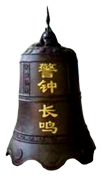
.jpg)
